Meet the woman who investigates domestic violence and political assassinations
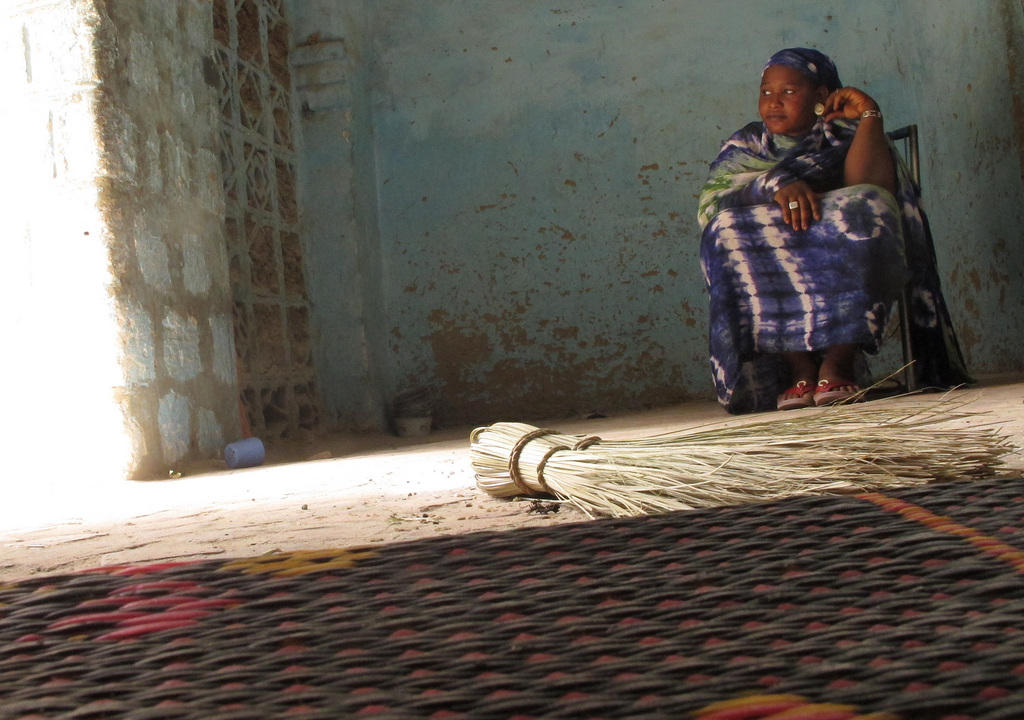
What’s it like to be an expert investigator on international crimes? We talk to Laurence Boillat, a Swiss prosecutor who likes to get things done.
Boillat, 48, invited me to meet her in her “pied à terre” in Lausanne, where she now works as a prosecutor for canton Vaud. She hails from the Jura – the hills of western Switzerland – and likes to go back there at weekends. It was late afternoon and she was just entering her apartment. She smiled and invited me in.
“I have just finished my working day,” she says, “which is exceptional, because I am usually in the office until much later.”
She handles all kinds of criminal cases in the French-speaking canton, ranging from domestic violence to street fights, theft and “all kinds of fraud”.
“Criminal law has always interested me, because it is quite well-defined and you can feel that you are contributing something, especially for victims of the crimes,” she says.
Boillat likes to be operational, she tells me, including on the International Humanitarian Fact-Finding CommissionExternal link (IHFFC). It’s a nearly 30-year-old organisation stemming from the Geneva Conventions that has so far carried out only one mission, in which she took part as the only prosecutor.
An international commission in search of a mission
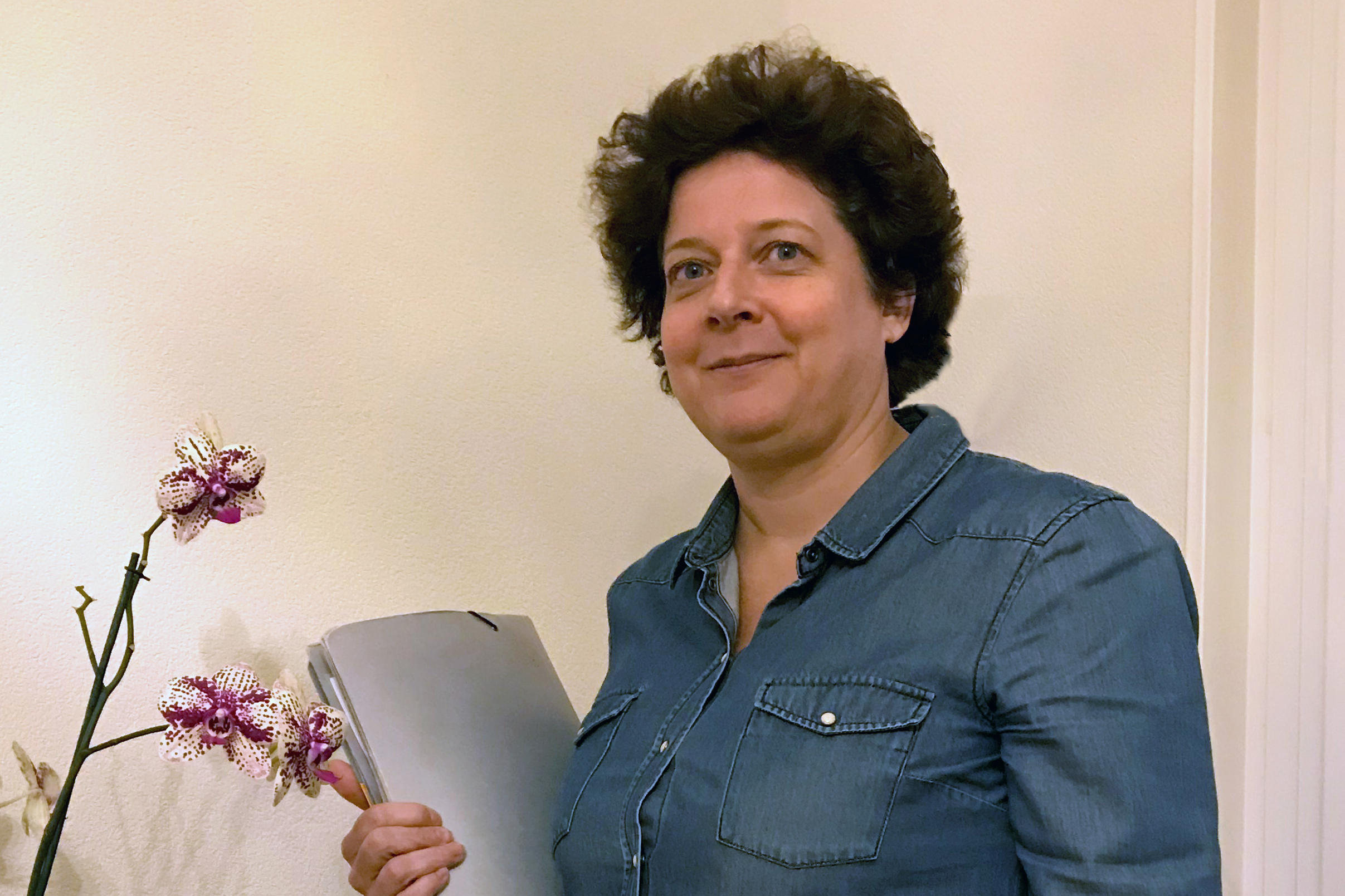
That mission, mandated by the Organization for Security and Co-operation in Europe (OSCE), involved investigating an incident on April 23, 2017 in eastern Ukraine. On that day, an OSCE armoured vehicle was struck by an explosion, resulting in the death of a paramedic. Boillat and her colleagues concluded that the OSCE mission was not deliberately targetedExternal link.
“The mission we conducted in Ukraine was hailed as a success by everyone, because we were finally able to show that this commission has a role to play on a practical level,” Boillat says.
“I think we are now on a much more dynamic path, and we must hope that it doesn’t waver, that we don’t have to wait another ten years before we have another concrete mission.”
Standing up for an independent judiciary
Boillat trained in law and rose up through the ranks of the judicial police and army, where she still holds the rank of lieutenant-colonel. In the late 1990s, she headed the canton Jura judicial police, and then went to the Federal Office of PoliceExternal link, where she was responsible for international police cooperation and crisis management. The police was a “good training ground” for becoming a prosecutor or a judge, and that was what she always had in mind, she recounts.
She applied for posts as an investigating judge, but says she did not get them because of politics. In the cantons where she applied, magistrates are elected to their positions by the local parliament. Boillat never stood much of a chance because she didn’t want to align herself with any political party.
“I considered that was not compatible with the function of a magistrate,” she says.
So in 2006 Boillat went to work for the Office of the Attorney General of SwitzerlandExternal link (OAG), at the federal level where judicial posts are not linked to politics. Only the Attorney General and his two deputies are appointed by the Swiss parliament.
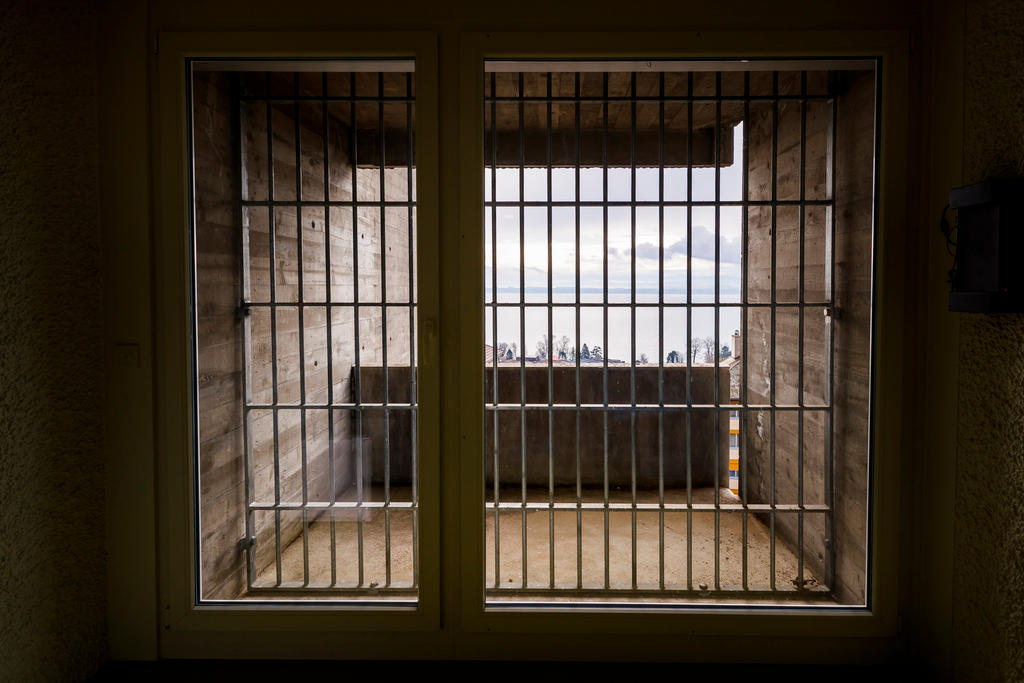
More
Why Switzerland’s war crimes office is dragging its feet
At the OAG she worked on economic crimes, money laundering and organized crime, and then from 2012 to 2015 international crimes. Changes to Swiss law in 2011 had transferred responsibility for these crimes from military to civilian judicial authorities.
“Genocide, crimes against humanity and war crimes were now the responsibility of the Attorney General’s office in Bern, where they asked me to set up this war crimes unit,” explains Boillat.
Heading the war crimes unit was one of her most enriching but also frustrating experiences, she tells me. In 2015, she was dismissed, apparently for thinking the unit should do more.
Boillat says she still views this as a failure, not so much because her contract was terminated but because “I had initiated certain things and then my wings were clipped with regard to this unit that we had set up, which was a great team, and where I really wanted to get some results”.
International expertise
Boillat has also taken part in a number of international missions. These include the UN commission investigating the 2005 Beirut bombingExternal link that killed Lebanon’s prime minister, UN human rights missions to Guinea Conakry in 2009 following a massacre, to Côte d’Ivoire in 2011, and two missions to Mali in 2014 and 2015 for Justice Rapid ResponseExternal link to support local judicial authorities in prosecuting war crimes.
She was inspired particularly by the missions to Mali, where she met and worked with other magistrates.
“They really impressed me because they work in conditions where they have almost nothing, conditions that are unimaginable for a Swiss magistrate,” she says. “But they were trying to do something, even if they realised it was complicated and…they were not sure how to handle these cases.”
Her experiences with UN missions were mixed, especially when it came to team leadership which she says is a “crucial” part of whether a mission is successful.
“In the UN, team leaders are sometimes chosen for political reasons rather than real expertise in the field,” the prosecutor notes.
Relaxing at home
Boillat says she likes international missions with a specific mandate and a time limit, such as the one in Ukraine.
“When you have limited time, you are obliged to be more efficient, so you cut to the chase and get much more done than in missions that last a lot longer,” she says. “I like being called up to travel for a limited period, but then I also like coming back and being at home.”
She is quite home-loving, she says, and enjoys taking care of her garden at her house in the Jura, where she lives with her mother and her dog. She also likes to treat herself to small pleasures, such as going to the theatre, cinema, to listen to music or to a restaurant.
“I don’t need to be always out in the world –- I think I see enough of society in the context of my work.”
In addition to the IHFFC, Boillat is also a member of the Swiss Expert Pool for Civilian PeacebuildingExternal link and the Swiss Commission for UNESCOExternal link, a 20-member body whose work includes advising Switzerland’s federal authoritiesExternal link on relations with the United Nations organisation for education, science, culture and communication. Unlike most of her colleagues on this commission, Boillat does not work regularly for UNESCO, but was nominated for her war crimes expertise, “mainly on issues of protecting cultural heritage in the context of armed conflicts”, she says. This is an area in which UNESCO has been increasingly activeExternal link in recent years.

In compliance with the JTI standards
More: SWI swissinfo.ch certified by the Journalism Trust Initiative
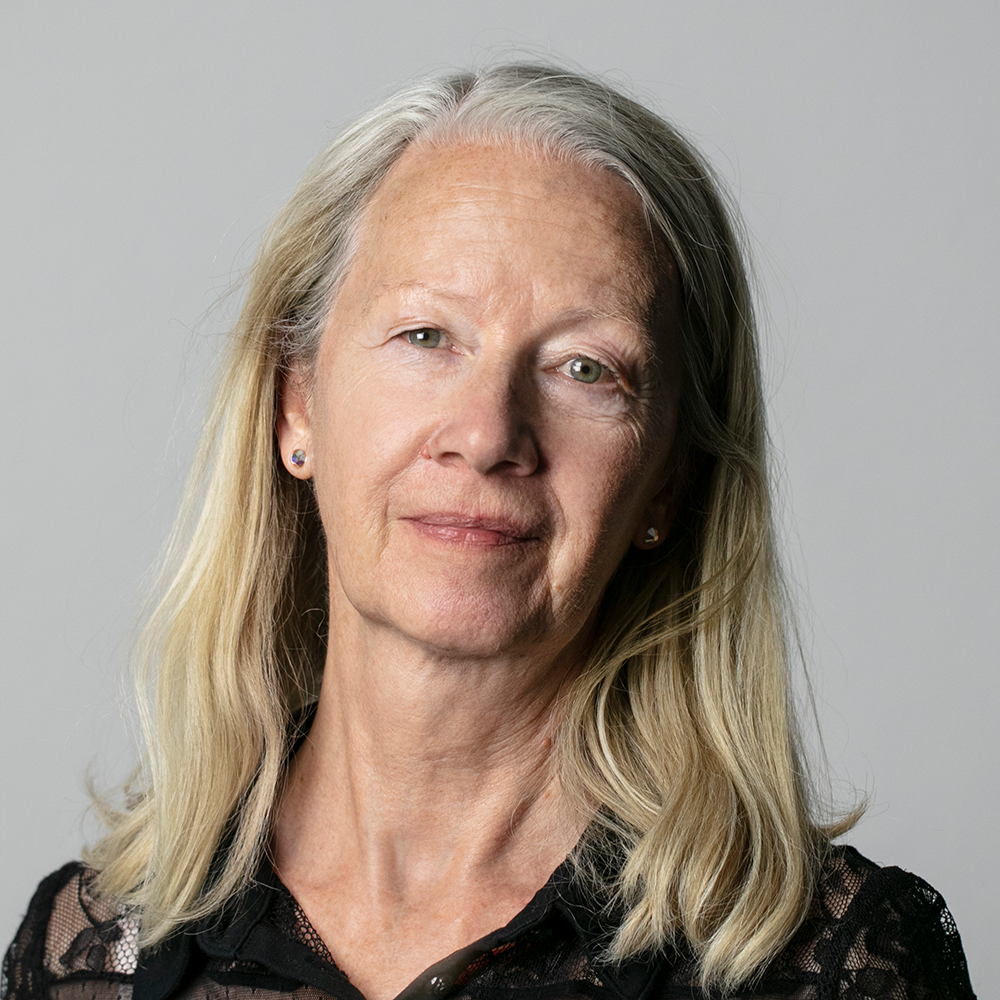
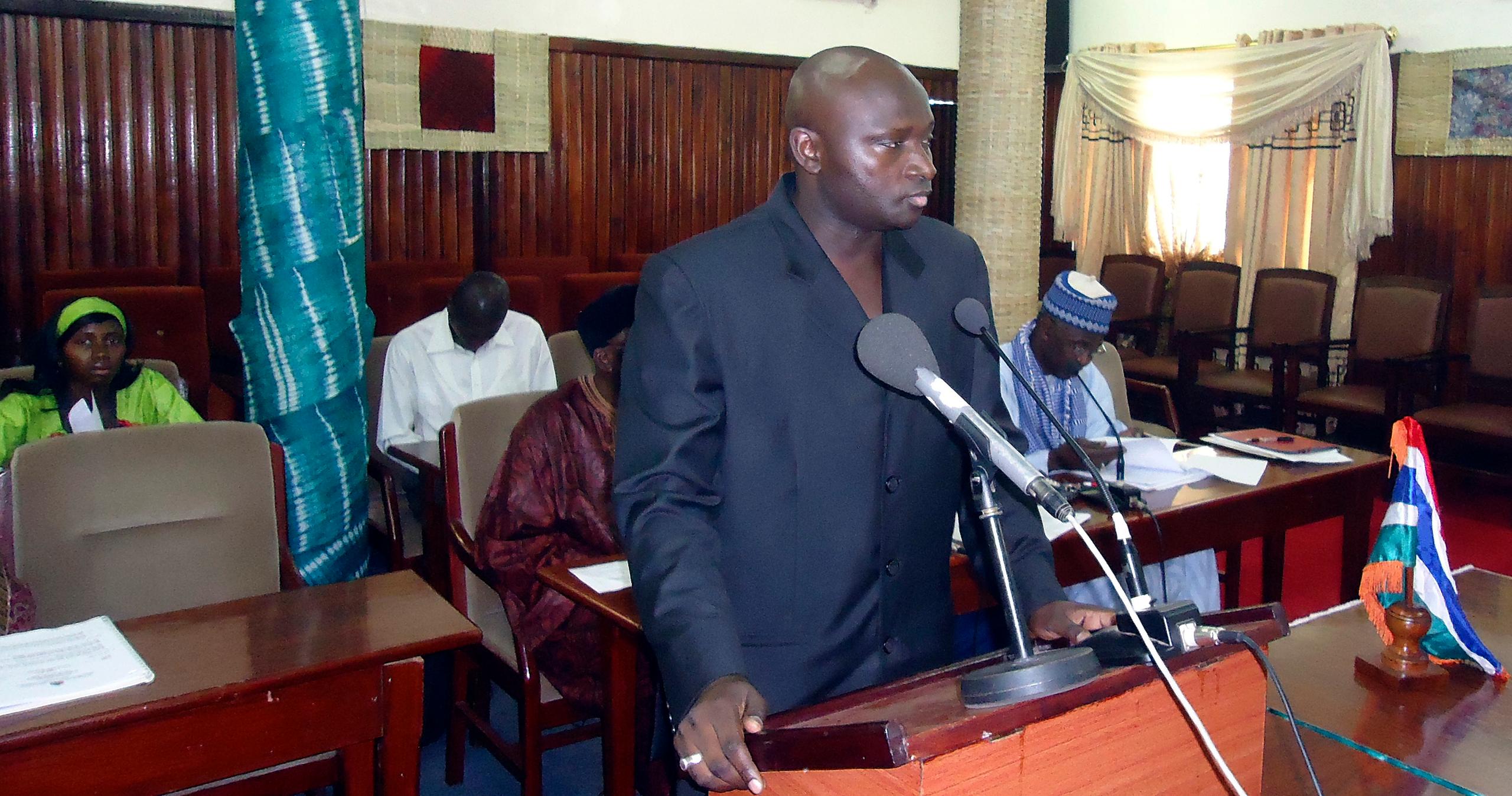
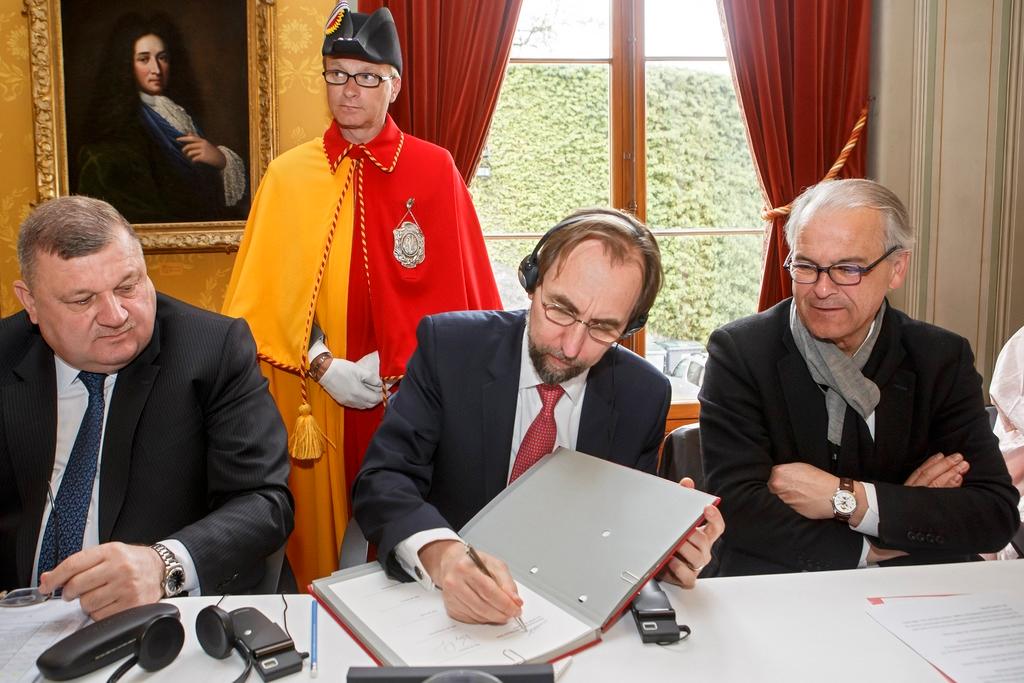
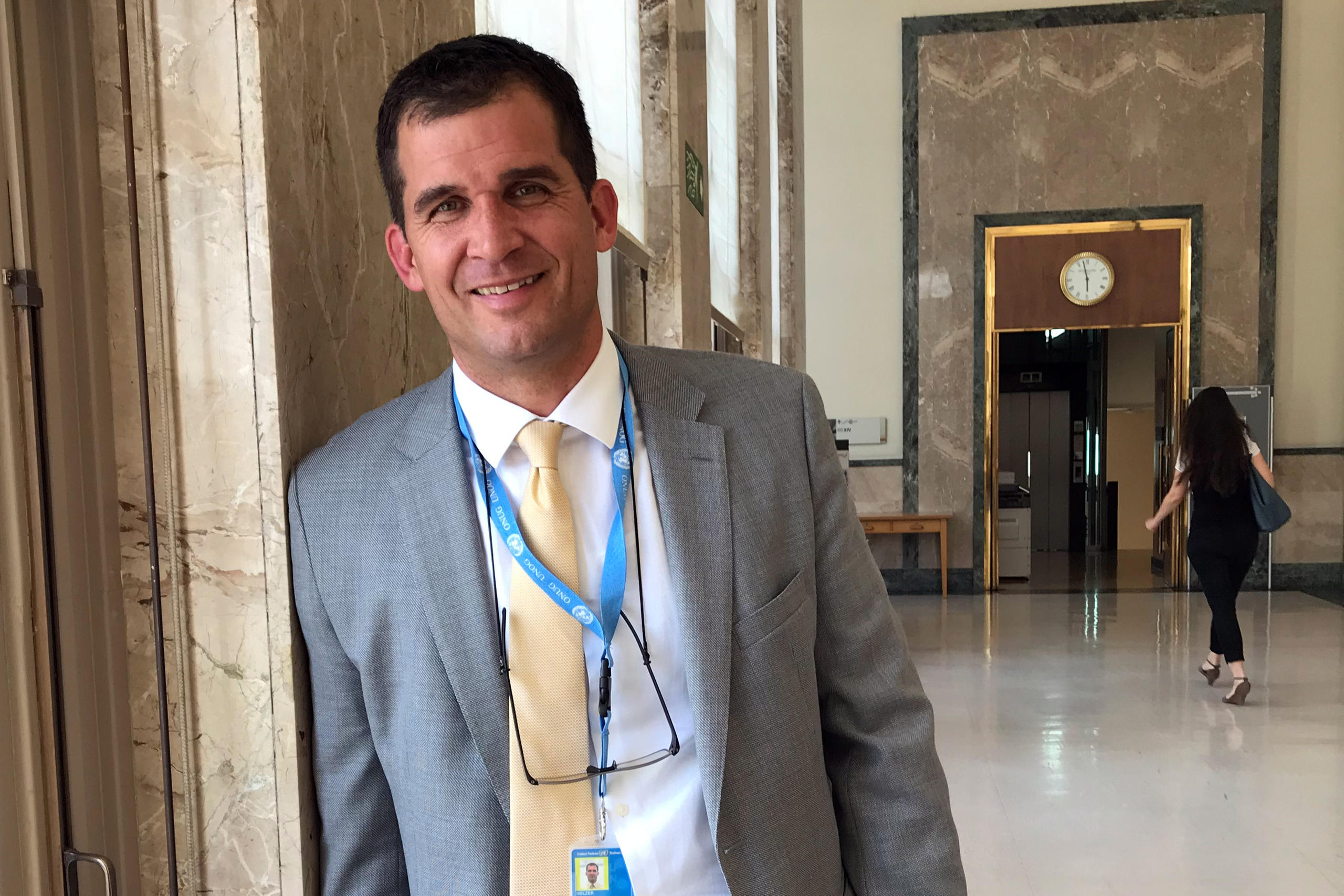
You can find an overview of ongoing debates with our journalists here. Please join us!
If you want to start a conversation about a topic raised in this article or want to report factual errors, email us at english@swissinfo.ch.